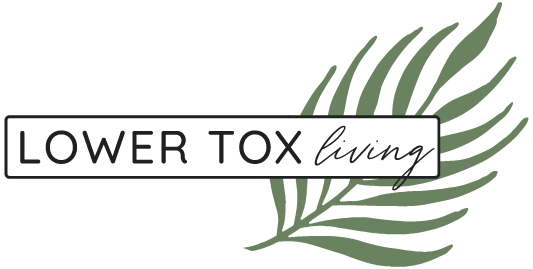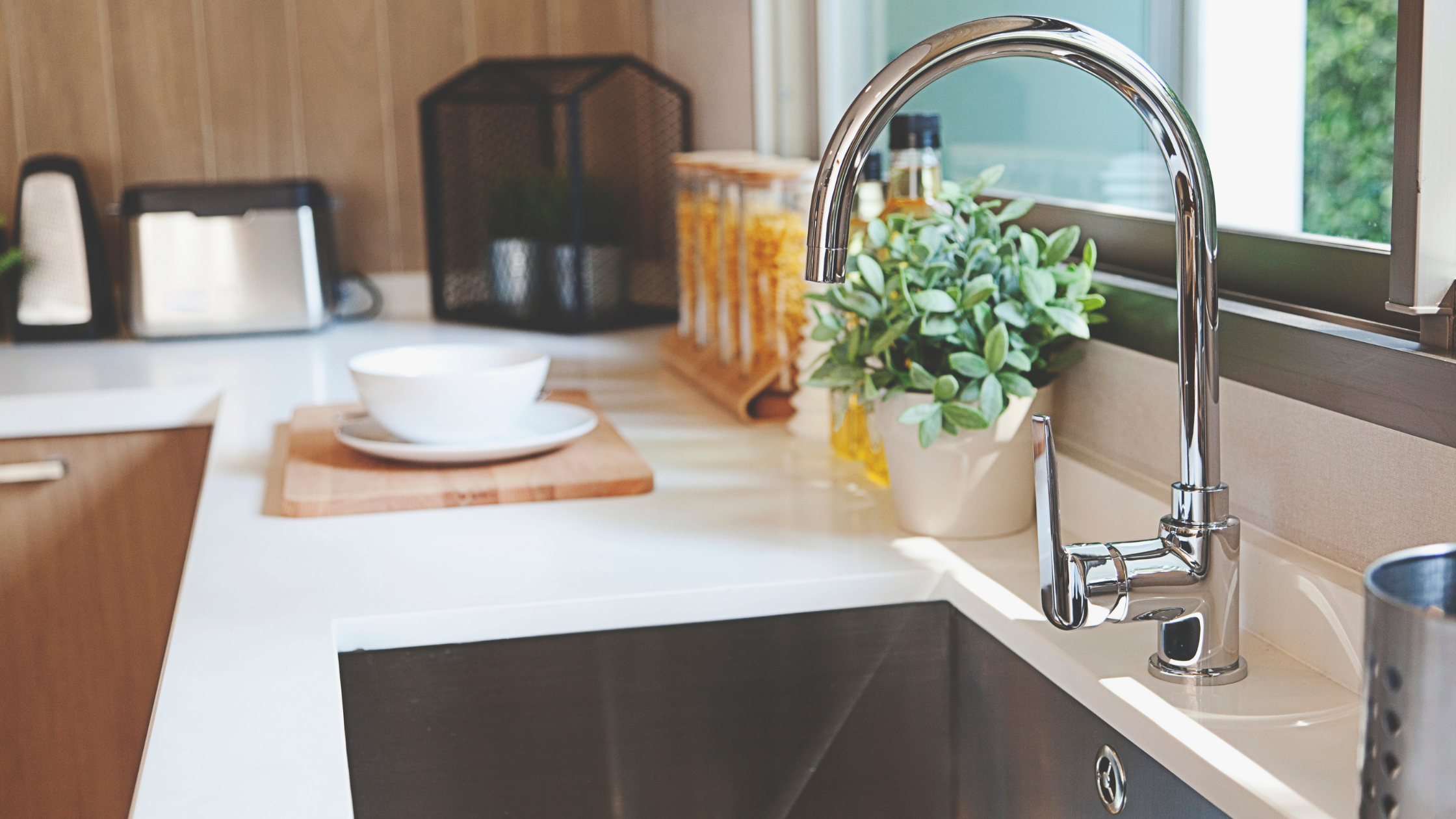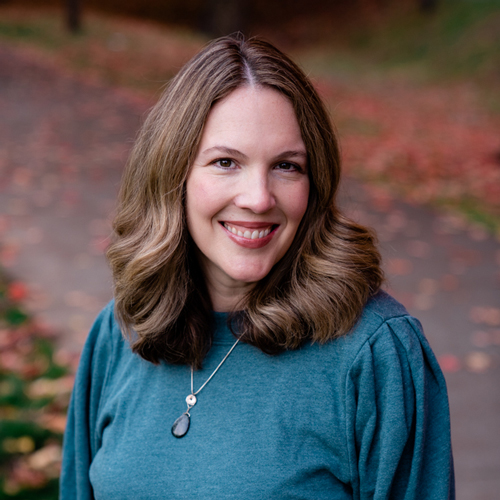So, do you really need to filter your water?
The answer?
It depends. I know that’s not the answer you were looking for but there are so many things to consider when deciding a) whether to filter and b) the best filter for your specific needs.
If you get intimidated by this topic, you’re not alone. I’ve researched this so many times and have made expensive purchasing mistakes by believing company claims without verification. As a result, I dove into this topic and want to share my findings so you don’t make the same mistakes.
Let me start by saying that tap water in this country is regulated under the Safe Drinking Water Act (SDWA) and the EPA has set standards for what they consider to be safe so if you trust your tap water, you’re not alone in doing so. But here are some additional things we all need to consider about the extent to which it’s regulated.
Outdated Regulations:
Up until recently, the EPA had not updated the regulated chemicals or safe standards in over 26 years. As a result, chemicals in tap water like PFAS chemicals (known carcinogens and endocrine disruptors) that have become prevalent in the last 20 years, have not been regulated and municipal water districts were not required to test for it unless mandated by your state. UPDATE: In 2024, the EPA finally announced regulations for 6 of these chemicals in drinking water and for two of the most common, PFOA and PFOS, they said there is virtually no safe level in drinking water.
Also, even for chemicals that are regulated, the legal limit is often hundreds of times higher than the health standards recommended by scientists and public health agencies (see EWG tap water database below).
How prevalent are unregulated chemicals?
For PFAS alone, it’s estimated that this family of contaminants affects the drinking water of over 200 million people in the US and this number keeps growing.
In my local water district alone, PFAS chemicals were identified in three of the main wells in 2016 and it has been detected in more wells since. They think this was caused by a local Fire and Rescue training facility that regularly used fire fighting foam in their training exercises. This is considered a “forever chemical” because it persists in the environment so it continued seeping into the ground, creating a plume that eventually made its way into our drinking water. While our local water district has been transparent about the issue, they still don’t have a system for removing this known contaminant.
What happens between our water source and our taps?
Another big unknown is what happens between the water source and our taps? An estimated 6-10 million homes still contain lead piping and homes older than 1986 may also have lead in the pipe fittings and fixtures.
So, even if you have the best municipal water management system in your area, there are still contaminants that:
a) they may not test for
b) they cant fully mitigate
c) are outside their control because they occur between the source and your faucet
d) the legally safe levels far exceed the amounts determined to be safe by science and public health agencies
How do you make sure your drinking water is safe?
- The Environmental Working Group has some helpful resources for understanding the safety of your water as it varies all across the country. Below, I’ve included links to their water safety database as well as the map that shows where PFAS contamination has been detected.
- Test your specific tap or even filtered water. Your state’s Dept of Health likely maintains a list of accredited labs for testing your water or home tests like TapScore work well too.
- Based on your specific water, choose a filtration system that filters out your specific contaminants. Be wary of company claims in this space and go with a filter that’s NSF certified. Unfortunately it’s not a one-size fits all and is entirely dependent on what’s present in your water.
Ultimately, it’s up to all of us to decide what risk level we’re comfortable with when it comes to our drinking water. I do recommend that if you are trying to conceive or are pregnant, have small children, or have anyone who is immuno-compromised in your home, you invest in a water filtration system.
Helping clients choose the right filter is something I include in my Healthy Home consulting package. To find out more, click HERE. I do not work for any filter companies so my goal is not to sell a specific water filter. My goal is to give clients peace of mind by helping them select the best filter for their specific needs.
For testing, I do include TapScore in my SHOP page HERE
https://www.ewg.org/interactive-maps/pfas_contamination/map/








0 Comments